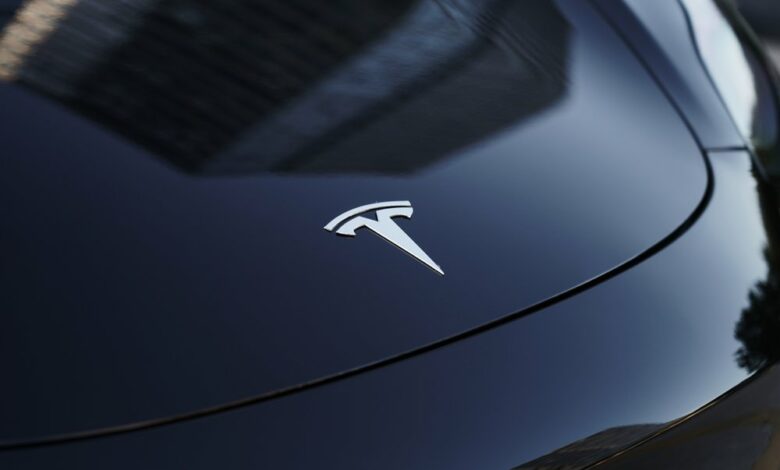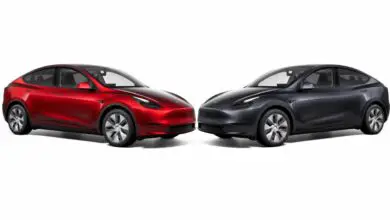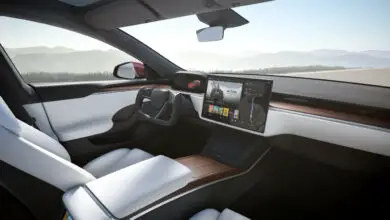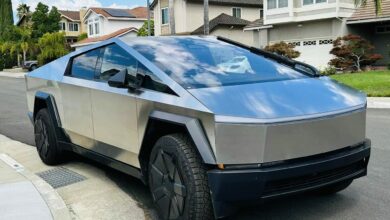Detroit’s Big Three in Turmoil: Tesla’s Rise and the Ongoing UAW Strike
How Tesla's Innovation Shakes Up the Auto Industry and Impacts Union Demands

The turmoil within Detroit’s Big Three automakers, namely Ford, GM, and Stellantis, has reached unprecedented levels with the ongoing United Auto Workers (UAW) strike showing no signs of resolution. This tumultuous standoff, spearheaded by the resolute UAW leader Shawn Fain, has an unexpected catalyst in the form of Tesla, a company not directly involved in the protest.
Tesla’s meteoric rise in the automotive industry has been a game-changer, effectively setting the stage for the UAW’s historic strike. Despite facing numerous adversities and flirting with bankruptcy several times, Tesla’s innovative prowess, epitomized by vehicles like the Model 3 sedan and Model Y crossover, has left the traditional automotive giants reeling.
One of Tesla’s groundbreaking innovations is the utilization of gigacasting, a technique now garnering attention and adoption among established automakers. Moreover, Tesla’s Silicon Valley-inspired approach has ushered in an era of vehicles that can receive updates over-the-air, prompting competitors like the Detroit Big Three to overhaul their operations in an attempt to keep pace.
For unions like the UAW, the rise of electric cars, marked by reduced parts and increased automation, poses a formidable challenge to the traditional auto worker. Mark Barrott, an automotive analyst at the Michigan-based consultancy Plante Moran, emphasizes that today’s UAW strike encompasses more than just wage and benefit negotiations; it’s fundamentally about the future of the electric vehicle sector. “This strike is about electrification,” he asserts.
Fain, echoing the sentiments of the UAW, underscores the importance of equitable treatment for auto workers in the age of electric vehicles. “Workers deserve their share of equity in this economy,” proclaims the UAW president.
Nevertheless, it’s important to acknowledge that Tesla is not without its imperfections. Elon Musk, Tesla’s CEO, has gained notoriety for repeatedly missing self-imposed deadlines, exemplified by the notable delays in the company’s robotaxi program. Despite these setbacks, Marick Masters, a scholar specializing in labor and workplace issues at Wayne State University’s School of Business, observes that Tesla has disrupted the industry sufficiently to send veteran automakers like Ford, GM, and Stellantis on a “quest for capital.”
In essence, while the Detroit Big Three collectively amassed $250 billion in profits over the past decade, the exponential growth of companies like Tesla is compelling these industry stalwarts to scrutinize every penny, ensuring their survival in the electric car era. This is precisely where the UAW’s challenge lies, as, according to Masters, “They have little money to concede for union demands.”
Fain, undeterred by these complexities, emphasizes that the concept of competition shouldn’t lead to a race to the bottom. He dismisses concerns about Elon Musk’s space exploration endeavors, stating, “Competition is a code word for the race to the bottom, and I’m not concerned about Elon Musk building more rocket ships so he can fly into outer space and stuff.”



